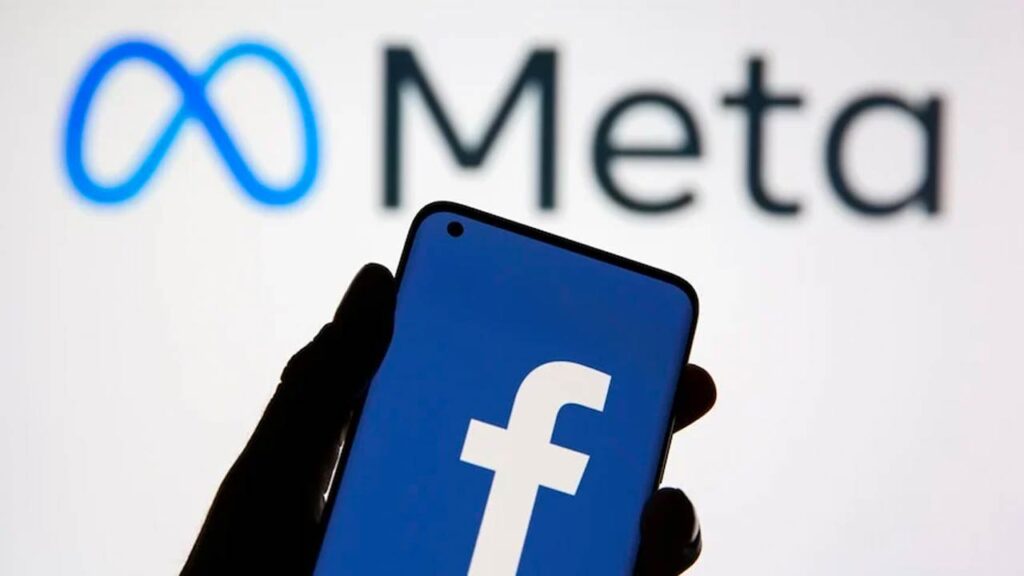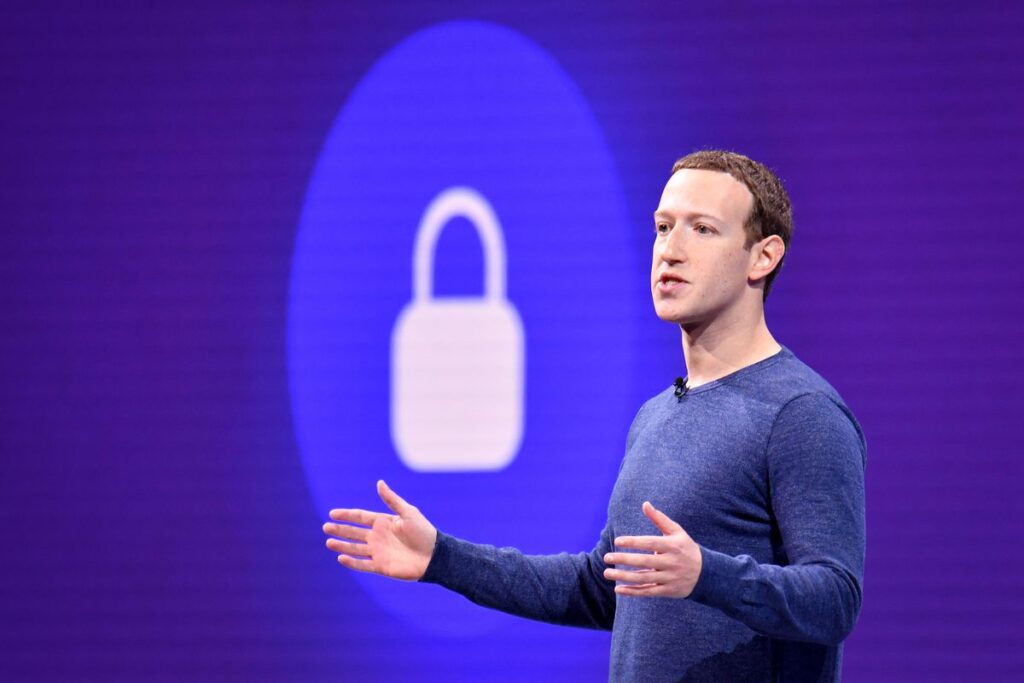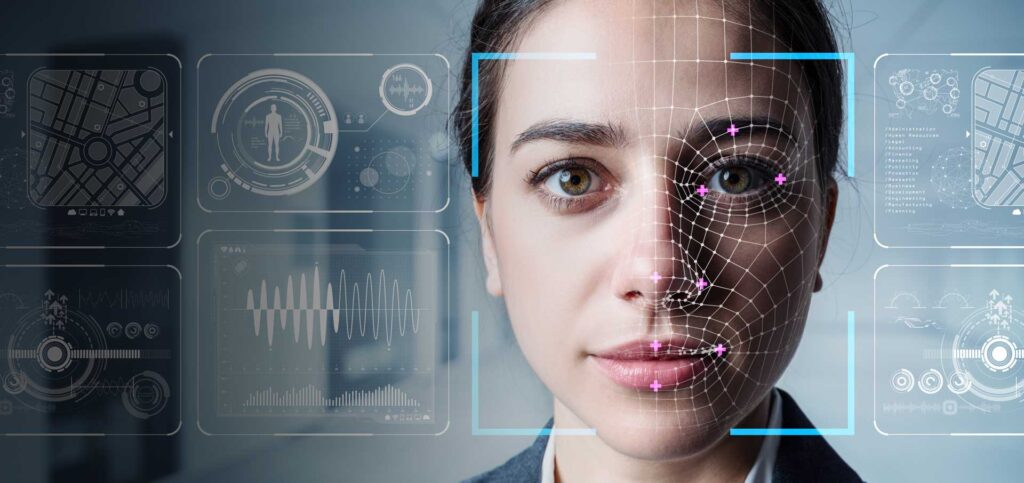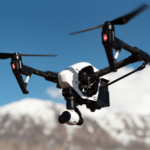The social media behemoth is turning off its technology that recognises people in photographs. We examine why the change was made and what it means for users.
Facebook has said that it will delete approximately 1 billion “faceprints” used as part of a facial recognition system for photo tagging due to concerns about the technology.

Face recognition technology will be phased out in the next weeks, according to Meta, the business formerly known as Facebook. According to Meta’s vice-president of artificial intelligence Jerome Pesenti, a third of Facebook’s users, or around 1 billion people, had signed up for the service.
Is the firm genuinely concerned about people’s privacy, or is this merely a public relations stunt?
What was Facebook’s strategy for utilising facial recognition technology?
When consumers agreed to allow facial recognition, Facebook scanned their “faceprint” and used it to find photographs and videos of them on the platform, suggesting that they be tagged.
It was also used to determine if someone else was impersonating that user on Facebook, as well as assisting persons with visual impairments by identifying who was in a photo.
Why is Facebook putting a stop to it?
While facial recognition technology is a useful tool for confirming identification, Pesenti believes that it requires robust privacy and transparency controls to allow people to determine how their faces are used. He mentioned that there are “many concerns” regarding the role of facial recognition technology in society, and that authorities are still catching up.
“Amid this ongoing uncertainty, we believe that limiting the use of facial recognition to a narrow set of use cases is appropriate,” he said.

Face recognition, according to Pesenti, is most useful when it operates only on a person’s device – such as unlocking iPhones – rather than connecting with an external server, as Facebook’s technology did.
It comes after the release of tens of thousands of internal papers by Facebook whistleblower Frances Haugen, which has sparked widespread criticism of the company’s stance toward user privacy and safety.
What happens to photographs that have been labelled?
There will be no changes to current tagged photographs or videos that were labelled using the technology, according to a Facebook spokeswoman, but there will no longer be a suggested tag.
What does this entail for persons who are blind or have low vision?
People can still add text and tags to their photographs and videos, but Facebook will no longer recommend them automatically.
What will our faceprint look like?
It will be deleted, according to Facebook. Facebook has stated that the faceprint will not be maintained if you opted out of the service prior to this, never signed in, or cancelled your account.

Is there any evidence of a data breach or the selling of faceprint data?
Facebook previously stated that the account user was the only one who had access to the faceprint, and a spokesman confirmed that no one else had access to the data.
Is it going to be replaced by something else?
Meta believes there are “a number of potentially great use cases for face recognition in the future,” according to the spokesman, and it’s something the firm will look into, but privacy, control, and openness will be paramount.
“For each potential future application, we’ll continue to be public about its intended use, how people can have control over these systems and their personal data, and how we’re ensuring the technology lives up to our responsible innovation framework,” he said.

While battling an increasingly poor public image in recent months, Meta is changing its focus to developing the metaverse and attempting a slew of new initiatives.





